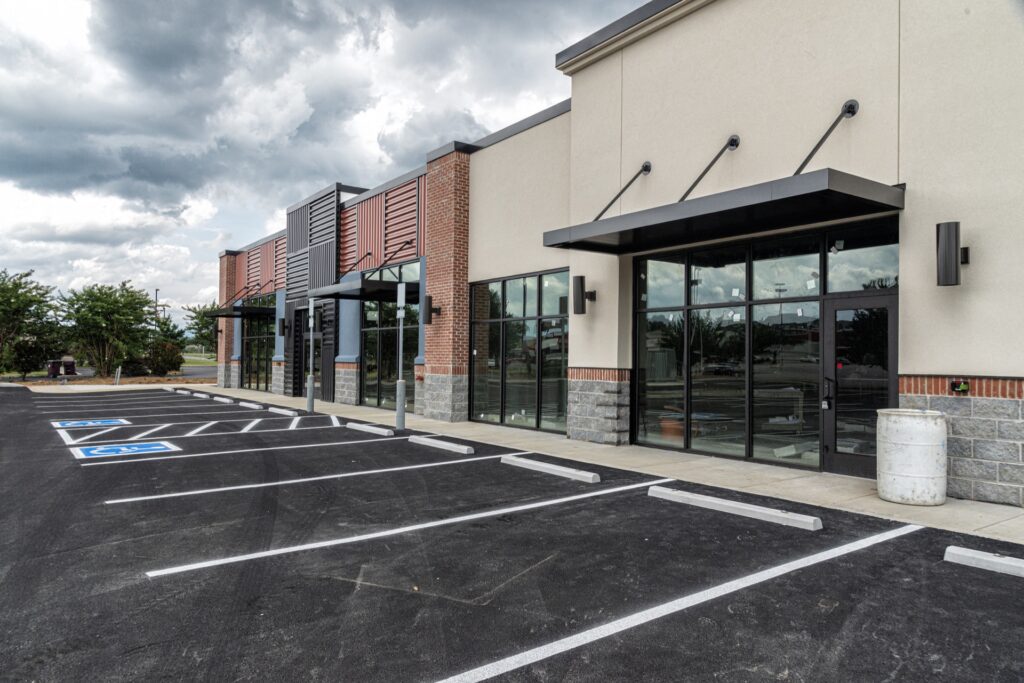Once a lease ends you typically have two choices: find somewhere else to set up shop or look into lease renewal options. If you’re in an especially good location as a business, we recommend choosing the latter option.
However, lease renewal is not without its own set of choices. We break down how to help you through the process below.
Lease Renewal Options: Choosing a Short–Term or Long–Term Lease
This is a tough choice to make as it impacts future aspects of your business.
Short-term leases typically involve more renewal options, but they have their downsides too. For example, they often do not involve a tenant improvement allowance which means the cost of making any renovations or improvements to your premises will fall to you the tenant. In addition, landlords have the option to raise rent after each renewal term.
Long-term leases on the other hand have a longer period of a fixed rental rate and may allow for a tenant improvement allowance which would be negotiated with the Landlord at the time of renewal. However, this also takes the property off the market for longer which may make it challenging for a tenant to negotiate for longer terms from landlords who may want to raise the rents more frequently to keep current with market values.
Negotiating a Fair Lease Renewal
A good negotiating tactic involves understanding both the tenant and landlord side of the arguments to get the best renewal option between both parties.
Tenants want to be able to customize a commercial space to provide better options for staff and customers or clients and typically want to stay in one location for a long time.
Landlords benefit by being able to raise rental costs to continue to increase profits and benefit more from shorter rental terms as a result. However, landlords also stand to benefit if a commercial tenant is reliable and respectful of the space and can be consistently counted on to pay rent on time. This means they need to spend less on repairs and maintenance and don’t have to constantly confront renters about payments.
When it comes to renewing a lease, and renewing it in the future, a “renewal clause” should be put in that details what will happen at the end of the lease term (if anything). This includes defining a notice period (how long tenants need to give notice for if they plan on moving at the end of the lease), length of the renewal term, the rental rate, and the fair market value.


